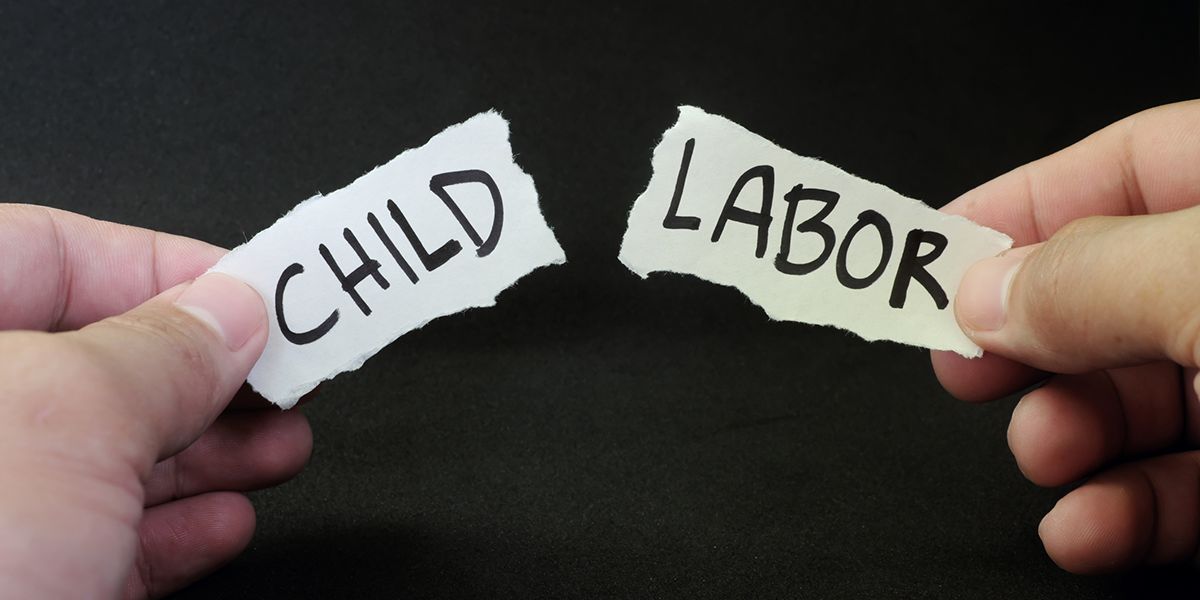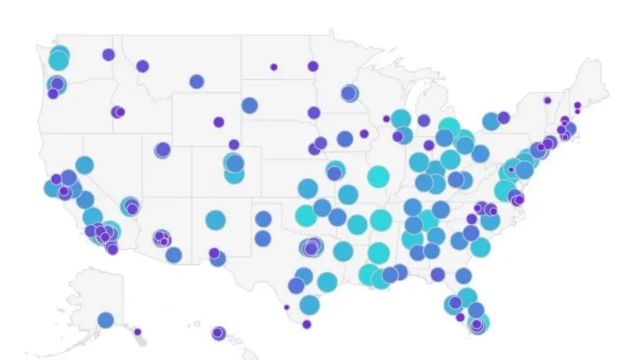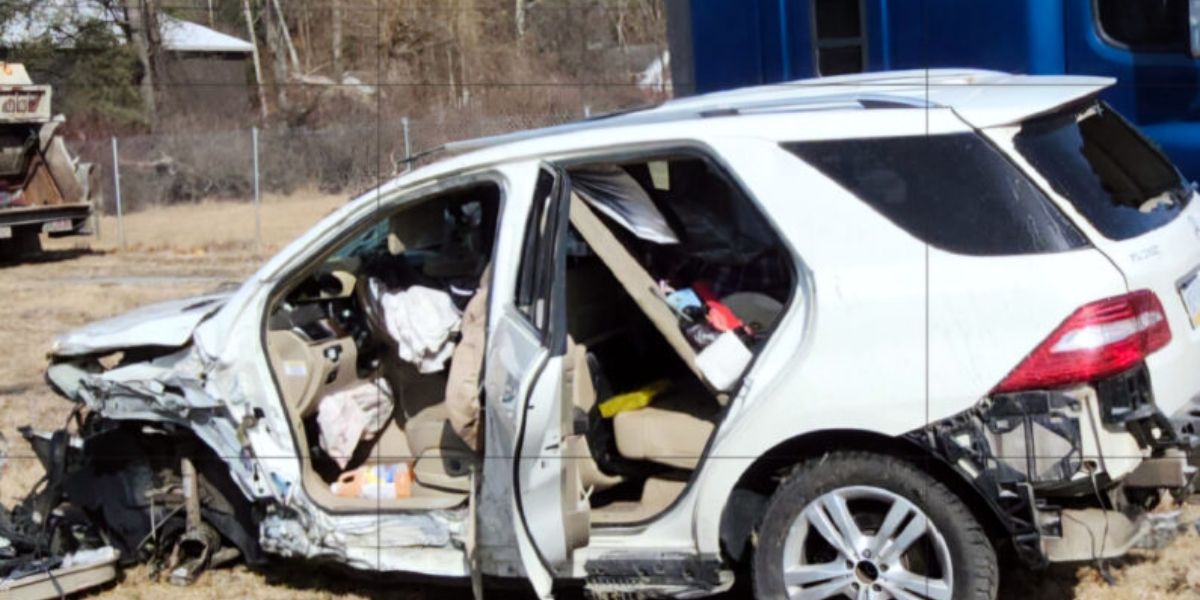North Dakota, like many states, has specific regulations concerning the legal working age for minors. These laws are designed to ensure that young workers’ rights are protected while allowing them to gain valuable work experience.
However, they also aim to prevent exploitation and ensure that work does not interfere with a child’s education and well-being. In this article, we will explore the legal working age in North Dakota, whether minors need a work permit, and what jobs are restricted for young workers.
The Legal Working Age in North Dakota
In North Dakota, the general legal working age is 14. This means that children who are at least 14 years old are permitted to work, but they must comply with state regulations regarding the number of hours and types of jobs they can perform.
However, there are certain exceptions that allow minors younger than 14 to work, but these are limited to certain types of employment.
For instance, minors under 14 years of age can work in non-hazardous roles such as acting, delivering newspapers, or working for a family business in a capacity that does not interfere with their education. These exceptions are rare, and most jobs that require physical labor or formal employment typically have a minimum age requirement of 14.
Work Permits in North Dakota: Who Needs One?
A common question among minors and their families is whether a work permit is required to work in North Dakota. The answer depends on the minor’s age and the type of work they are seeking to do. In general, minors who are 14 or 15 years old must obtain a work permit before they can be employed.
This work permit is issued by the North Dakota Department of Labor and Human Rights (NDOL). The permit helps ensure that the minor’s employment adheres to state laws regarding working hours and job restrictions. The process to obtain a work permit typically requires the minor to submit a completed application that includes consent from a parent or guardian and confirmation from the employer that the job does not violate state labor laws.
For minors 16 years of age and older, work permits are generally not required in North Dakota. However, there are still restrictions regarding the types of work they can perform and the number of hours they can work, particularly if they are still attending school.
Working Hours for Minors
North Dakota has strict regulations regarding the number of hours minors are allowed to work, particularly during the school year. For minors aged 14 and 15, the following work hour restrictions apply:
- During the school year: They are allowed to work up to 3 hours on a school day and no more than 18 hours a week.
- During non-school weeks (summer or holidays): They can work up to 8 hours per day, but no more than 40 hours a week.
- Work hours are limited to between 7:00 a.m. and 9:00 p.m. on any day that is not a school night. On school nights, they must finish work by 7:00 p.m.
For minors aged 16 and 17, the hours they can work are generally more flexible, though they are still limited during the school year. Specifically, they can work:
- During the school year: Up to 4 hours on school days and up to 28 hours a week.
- During non-school weeks: They can work up to 8 hours per day and 48 hours per week.
Despite these extended hours, there are still limitations on when minors can work, especially when it comes to overnight shifts.
Jobs That Are Restricted for Minors
While North Dakota allows minors to take on many types of jobs, there are certain occupations that are strictly prohibited or heavily regulated to ensure the safety and well-being of young workers. Federal labor laws, in addition to state laws, impose these restrictions. Some of the most common job restrictions for minors in North Dakota include:
1. Hazardous Occupations
Minors are prohibited from working in jobs that are considered hazardous. These include jobs that involve exposure to dangerous machinery, toxic chemicals, or heavy lifting. Some examples of hazardous occupations for minors include:
- Manufacturing and construction work: Minors are not allowed to operate heavy machinery or work with power tools that pose a risk of injury.
- Mining and excavation: Any job that involves working with explosives, mining, or drilling is off-limits to minors.
- Certain food service roles: Minors under 18 are not allowed to work with certain cooking equipment such as deep fryers, meat slicers, or industrial ovens.
- Hazardous chemicals: Jobs that require handling or exposure to toxic chemicals or substances, such as those used in pesticide application or paint stripping, are restricted.
2. Entertainment Industry Jobs
While minors are allowed to work in the entertainment industry, there are limitations regarding the types of work they can perform and the hours they can work. These restrictions ensure that the work does not interfere with their education or health.
3. Agricultural Work
Minors are also prohibited from certain agricultural jobs, especially those involving heavy machinery, animals, or dangerous environments. For example, minors under the age of 16 cannot work in certain hazardous farm settings that require them to operate machinery or perform tasks that may pose risks to their safety.
Exceptions to Restrictions
There are a few exceptions to the restrictions placed on minors. For instance, minors who work for their parents or legal guardians in a non-hazardous environment may not be subject to the same labor laws. However, it’s important to note that even in such cases, there are still safety regulations that must be adhered to, particularly for children under the age of 14.
Final Thoughts
North Dakota’s legal working age and labor laws provide a framework that helps protect young workers while offering opportunities for them to gain work experience. For minors aged 14 and 15, obtaining a work permit is essential, and there are strict rules concerning the types of jobs they can hold and the hours they can work.
By understanding these regulations and ensuring that they are adhered to, minors, parents, and employers can ensure that the work experience remains positive, educational, and safe for all involved.







